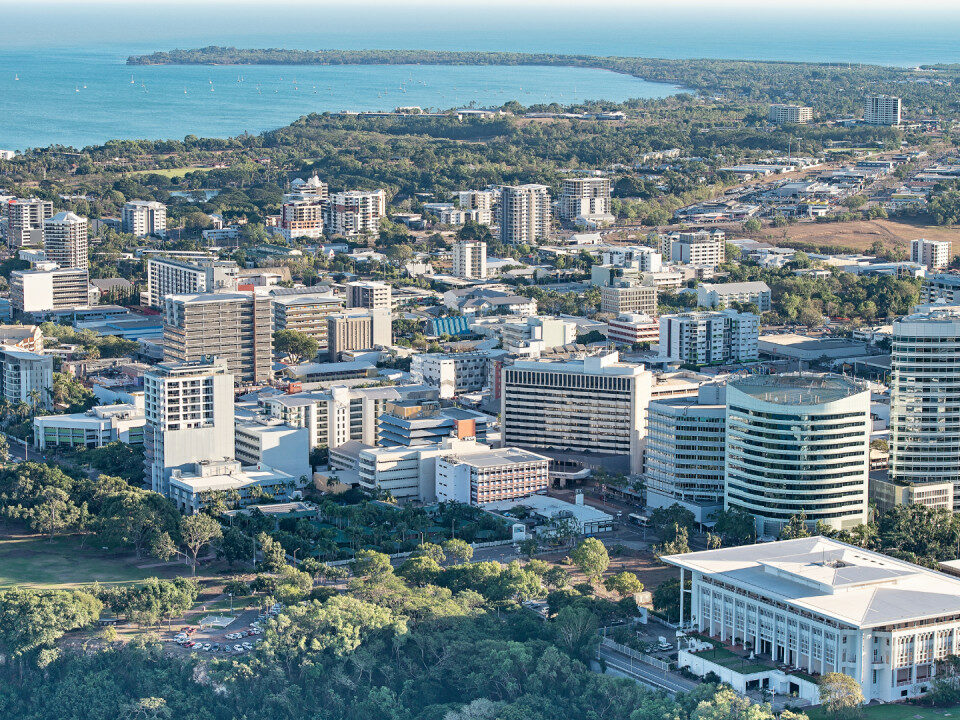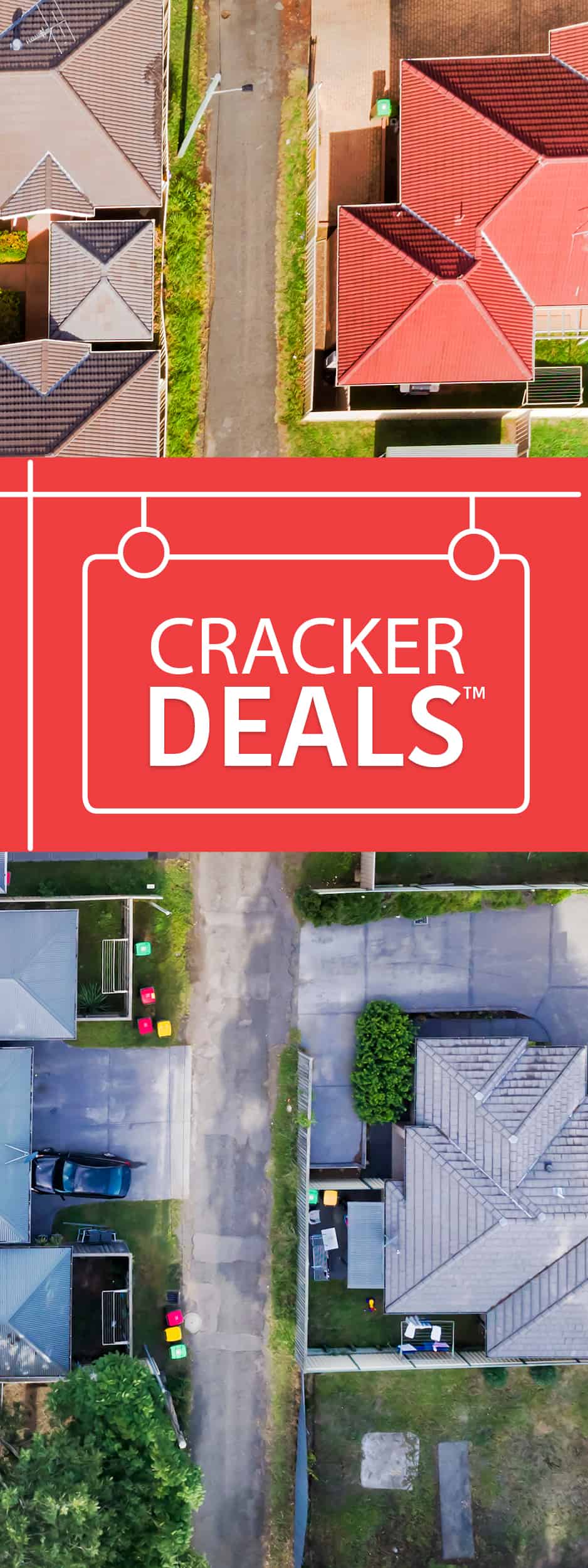- The first step is making the call.
- 1300 022 482
- hello@searchpartyproperty.com.au
Buying And Investing In Overseas Property – The Keys To The World

The desire to invest in overseas property is fuelled by two predominant passions; investment opportunities and the dream of a second home to call your own, a place to chase the sun come winter or just a spot to get away from it all. Of course, it’s possible to have both.
Last month I gave a big yes to interstate investment, and to jump ahead of myself a touch, I’ll be giving one to international investment too. Albeit with an asterisk. Opening up on a global scale comes, obviously, with greater opportunities and, unfortunately, greater risks. An increasing number of Australians are making the jump and, if you’re ready and willing, you should be too.
Property Investing Overseas
Whilst the prospect of an overseas property is rather arresting for many already secure in the housing market, either looking to expand their portfolio or simply acquire an exotic retreat, it can also be a great place for first time buyers on the receiving end of a greater disparity between wages and house prices to get into the market.
Especially amongst the Australian millennial population, which falls far behind other developed nations in terms of property ownership, overseas investment can be an attractive prospect for getting a foot on the property ladder, with a lower cost of entry into the investment pool. Although it is a step that should not be taken lightly.
There are a number of factors at play with any property investment, but with foreign markets, things can get complicated quickly. So it helps to establish early on what exactly it is you are looking for whilst retaining a degree of flexibility, and to be prepared to put in the work. Particularly with regards to rental and letting markets, you’ve got to be willing to put your boots on the ground, Delegation will only get you so far.
Asia
Australia’s close approximation to Asia makes it an attractive first port of call to many, but when investing overseas it’s important to keep horizons broad. In fact, many less economically developed countries with lower average property prices can prove onerous and remarkably expensive for foreign investors. Vietnam, for example, requires that all foreign real estate investments be made through the formation of a joint venture company with a local partner or through a wholly-foreign owned company. All transactions are priced and made in pure gold to boot. Furthermore, corruption and political instability can result in unexpected taxes and fees that change at the drop of a hat. The view from that little spot in Hoi An may look like heaven’s own backyard, but it won’t be so calming once it’s tied up in red tape.
Double Taxation, the Economy and Currency
The government here at home are more clear-cut, where a foreign income tax offset can provide some relief from double taxation. At least with regards to property in countries with stable institutions and well-documented tax systems. The Australian Government has a variety of agreements with foreign countries over tax laws and bilateral investment, so it’s always best to get a local opinion. Nations with a more laissez-faire attitude to government oversight can be a gold mine or a bureaucratic nightmare; playing smart and doing your research will always grant dividends. Chat to an accountant, home and away.
No matter where you’re investing though, be it Bavaria or Bangladesh, currency exchange and fluctuation will always play a decisive role.
The Australian Economy has weathered the GFC with remarkable tenacity and remains a leading currency on the global stage that has seen year on year growth, much greater than that of the USD. In simple terms, you can often go further with less. Still, you’ll need to be wary of what currency you are exchanging into, when the best time to do so is, and how exactly you make the exchange. Currency exchange is in itself a form of investment. The relative strength and weakness of currencies have a marked effect on where and when people invest.
Spain has, partially for that very reason, been the longtime go-to option for foreign property investors. House prices fell by a total of 41.9% from Q4 2007 to Q3 2015, alongside a low-value euro, with growth finally returning in Q1 of 2016. What was the woe of the Spanish people was the perfect chance for investors to snag up a slice of the Costa Del Sol. Once you’re in a market though, you’re in it. The Australian economy may be strong but further fluctuation in the euro may make for greater local overheads and lower yields.
Analysis of Various Locations
It pays to get creative, and whilst you shouldn’t lose sight of what you want out of an overseas property investment just to scoop up a perceived bargain, looking beyond the obvious choices to the more outlandish can be the safer and more profitable option. Panama has stood out in recent years with a strong rental market and a dip in retail prices going into 2018. If you want to get really out there, the country even has opportunities for investment in organic plantations. Units in Turkey meanwhile are a strong buyers market on even the lowest budgets, as the recent coup of 2016 has scared away many investors. Once again however, the spectre of tumultuous politics can put a shadow over these sorts of locations.
The tourist capitals of the world; Paris, London, Bangkok, may seem like the obvious choices, but don’t underestimate emerging markets in places like China and India. These sorts of places often also come equipped with strong domestic tourist industries and hot spots. For those focused on a property geared more towards personal usage, somewhere away from the crowds may be more your speed, as well as being more affordable.
If you’re looking to invest in a property that lets you play the letting market and gives you a place for yourself a few weeks out of the year, you’ve got to consider both sides. It needs to be somewhere you’ll be happy to keep coming back to, as well as somewhere that appeals to a broad market. Especially if the rent accrued from the property is the main subsidy for your upfront investment.
As I said with regards to interstate property, at the end of the day it’s going to come down to what’s right for you, and what you’re looking to gain. If you’re looking purely for financial payout you need to divorce yourself from any emotional commitment. Play the market, or it will play you. Assemble a strong team in your locale of choice, and know how to handle things on the domestic level. Though even if your investment is purely a labour of love, you need to be smart and recognise that you’re playing in the biggest ballpark of them all. (At least until condos start popping up on Mars?). Colourful, vibrant and exciting, but in places, it might be deeper than you imagine and you just might struggle to get out again.
If you would like to talk more about investing in Australia or Overseas, lets connect.




